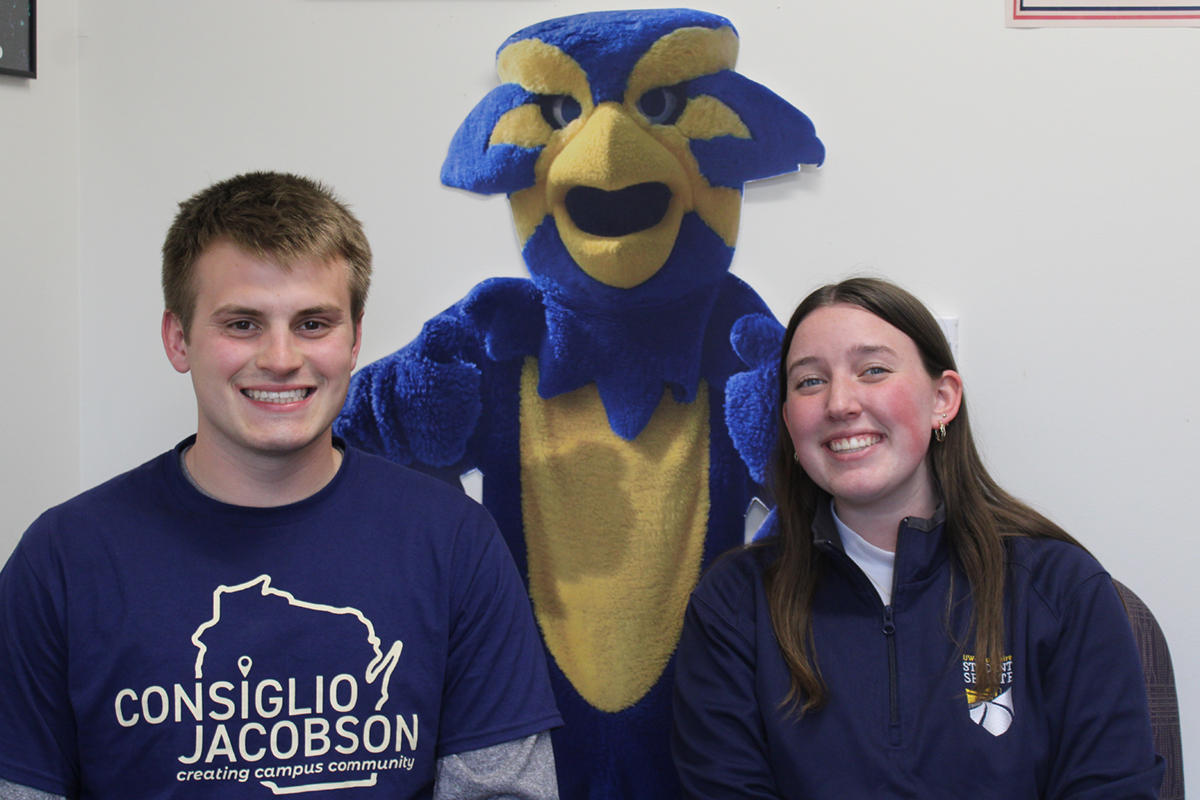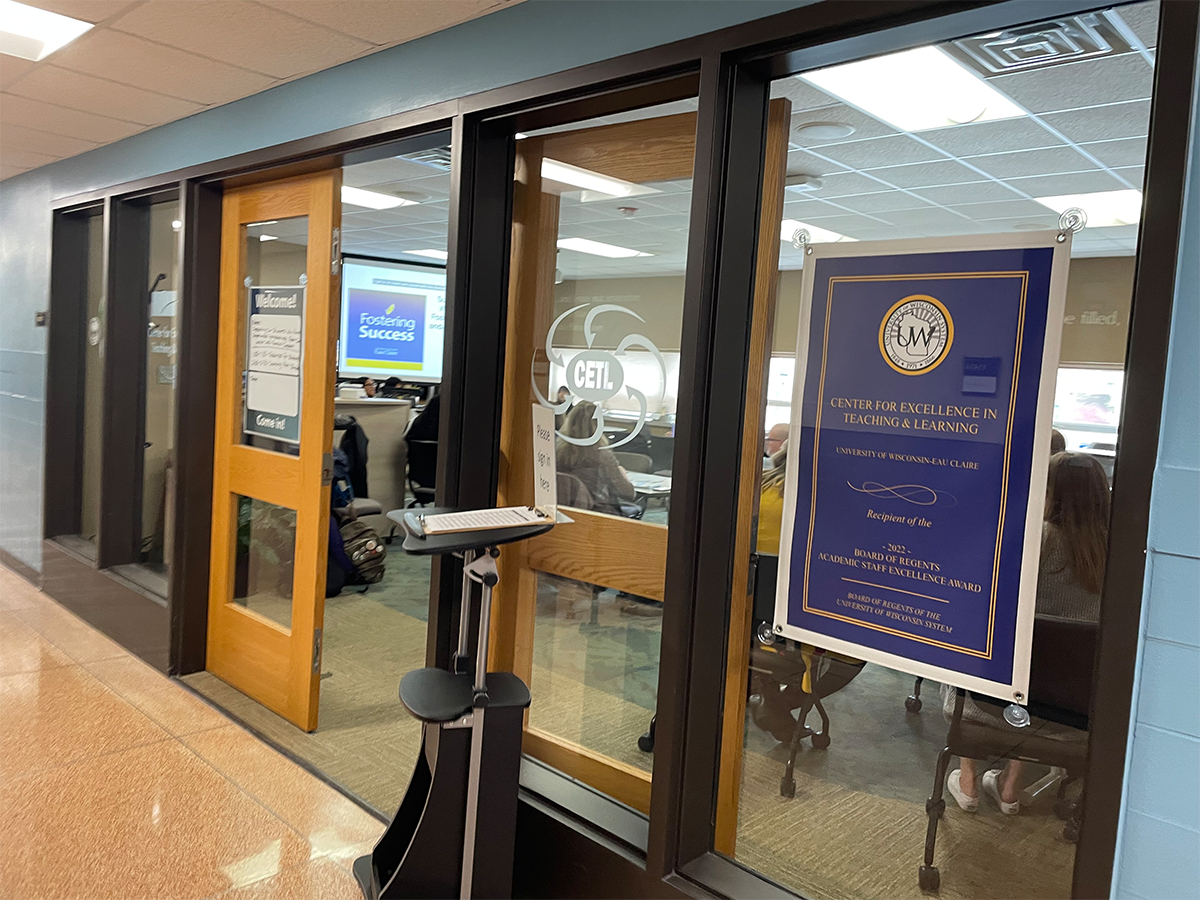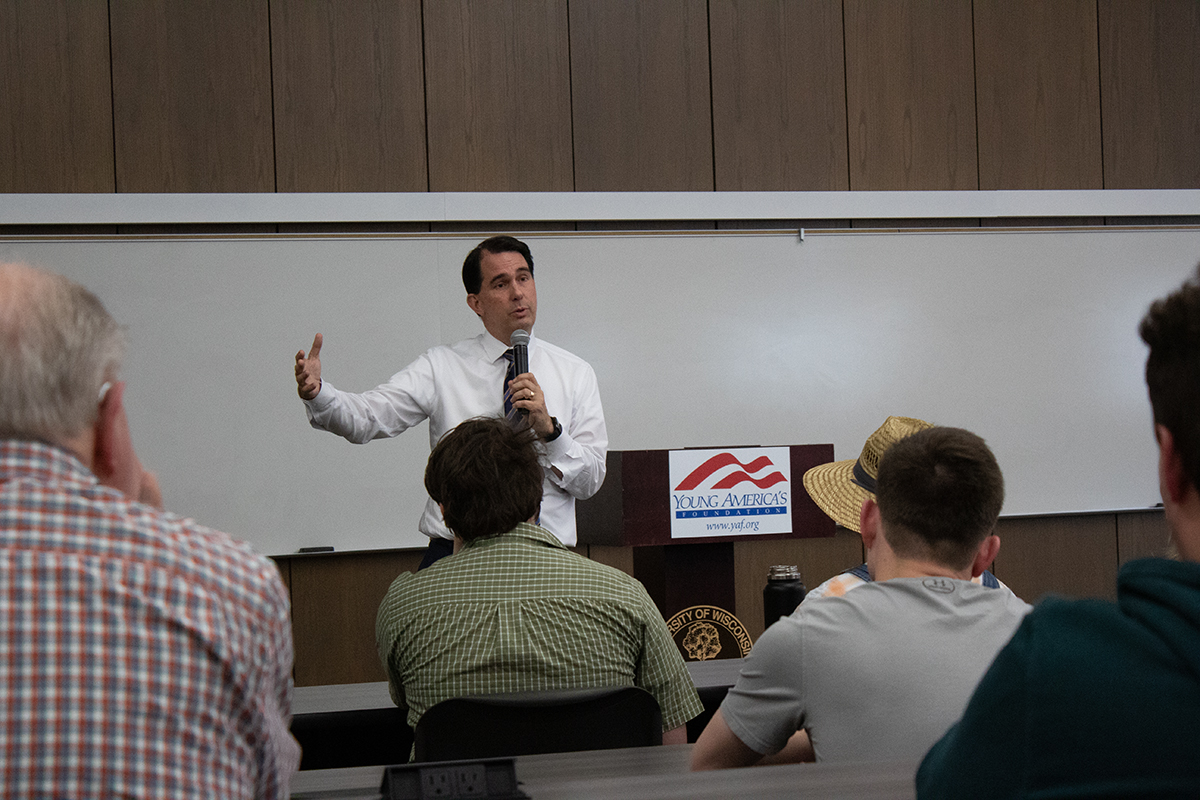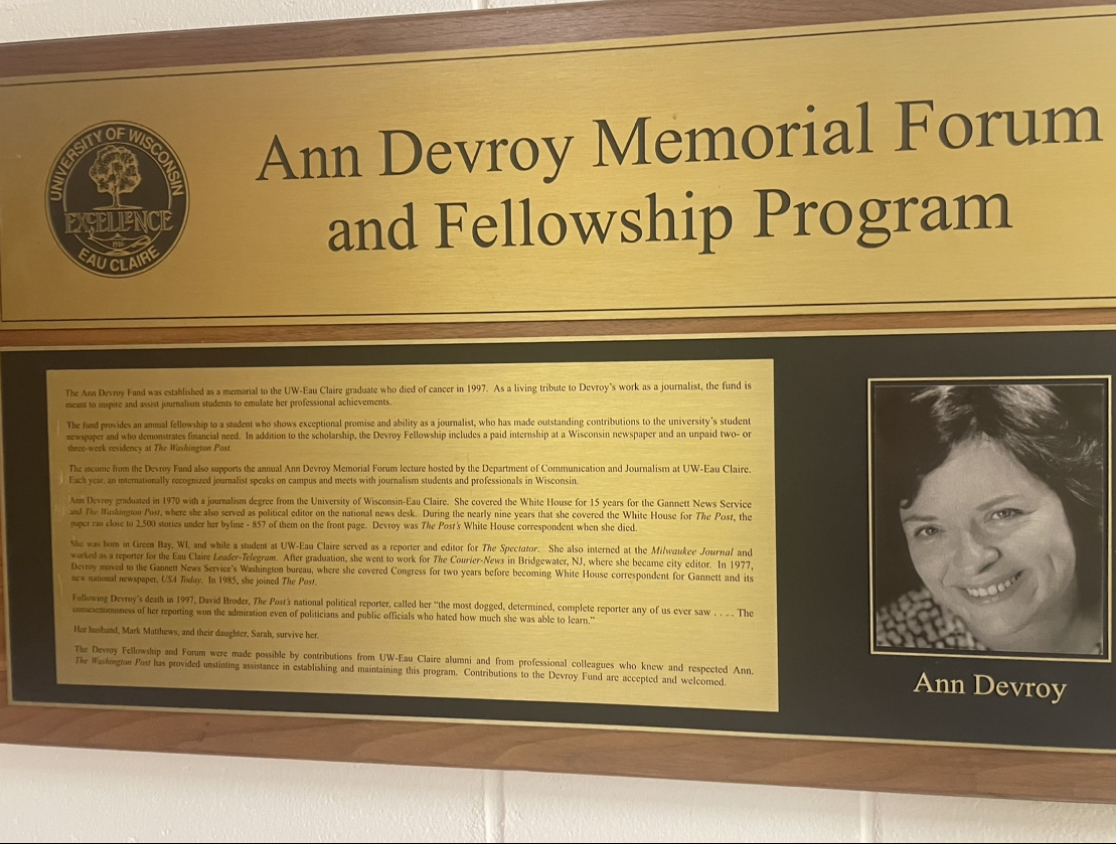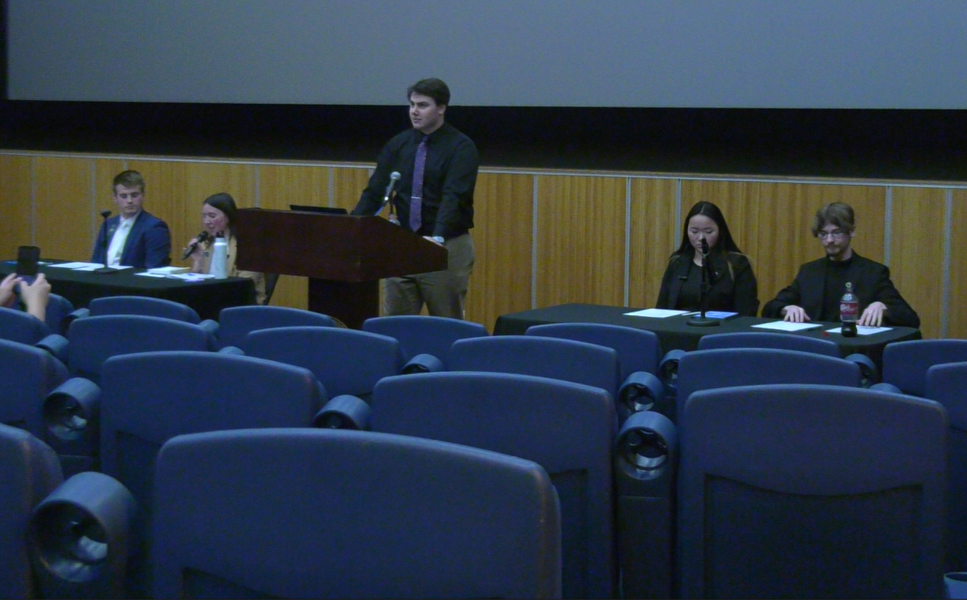 Butch McCartney
Butch McCartney
Surviving a history of severed human rights, loss of land and genocide, the Ho-Chunk Indian tribe of Wisconsin stands strong today.
Barbara Blackdeer-MacKenzie, Knight journalist-in-residence of communication and journalism, presented her views on such topics in her lecture on “Human Rights of Indigenous People in Native America,” Tuesday in Davies Center.
Blackdeer-MacKenzie has been a citizen of Wisconsin and the Ho-Chunk nation her entire life. Since her ancestors met with Europeans in 1634, Blackdeer-MacKenzie said her people watched the Europeans take away what the Ho-Chunk nation had once called their own – including their sovereignty.
She defined sovereignty as her tribe’s ability to manage and govern their own affairs and said at one time Europeans instilled their own rules upon the Ho-Chunk nation.
“Our government officials like to flaunt their sovereignty when it’s convenient to them,” she said. “These people have to use their power carefully, if at all.”
One such case lies in the Kickapoo Valley Reserve in southwestern Wisconsin. The Reserve was home to Native Americans for thousands of years. As settlers occupied the land, they cut down trees, plowed and tampered the land for milling.
Through the 1962 Flood Control Act, Blackdeer-MacKenzie said Congress authorized the U.S. Army Corps of Engineers to build a flood control dam. The Corps bought the land (8,500 acres), removed the houses and buildings, and began erecting a large dam across the valley floor. However, the project stopped in 1975 with less than half of it finished.
Not until the 1996 Water Resources Development Act had Congress returned up to 1,200 acres to the former Native American inhabitants – the Ho-Chunk Nation.
Martin Zank, a Stockbridge-Brothertown Indian, recalled stories of genocide after hearing Blackdeer-MacKenzie speak. Zank remembers his mother’s description of a boarding school in Tomah where she attended from age 5-9. He said his mother remembers the physical punishment that the kids suffered. He also said she recalls the attempts of the Ho-Chunk boys to secretly speak their language in a basement of the school grounds as well as the attempts of those children to run away and their punishment after being captured.
“It is important that Barbara quoted from an international convention on genocide,” he said. “And it is obvious that violations of the convention by the U.S. government are not ancient history.”


